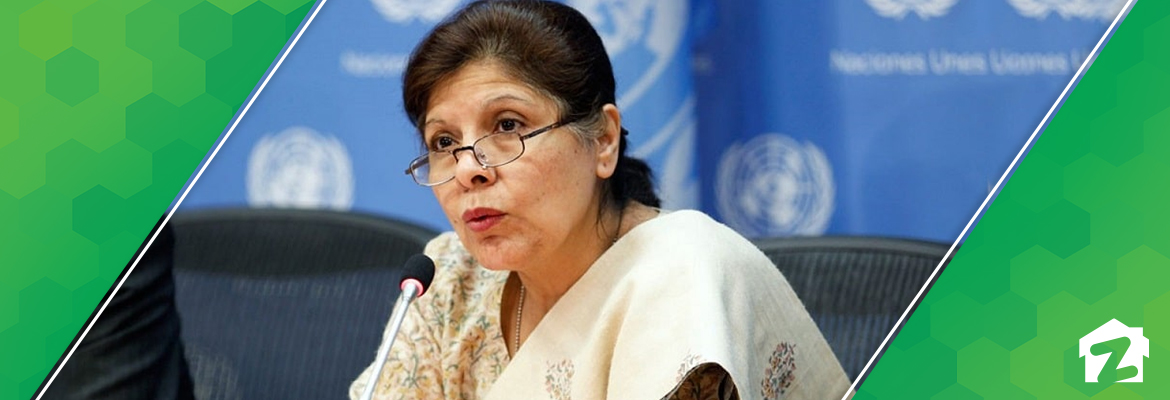Islamabad: Finance Minister (FM) Dr Shamshad Akhtar visited the Federal Board of Revenue (FBR) headquarters where she was briefed on the board’s reform strategies and enhancement of economic documentation, claimed a news source on November 3.
Read: CDA plans to include five-star hotel plot in new auction
According to the details, a meeting was scheduled with the FBR Chairman Amjad Zubair Tiwana and his team to discuss the strategy for vital reforms and initiatives. This strategy involved leveraging third-party data, including provincial databases, to identify and register taxpayers accurately. Notably, up until October 31, 2023, PKR 2.9 million tax returns had been filed for the tax year 2023, indicating an increase of PKR 330,000 compared to the previous year.
One of the key focuses was the improvement of Pakistan Revenue Automation Limited (PRAL), the IT-arm of FBR, under the digitisation and automation plan aimed at expanding the tax net. The FBR officials provided a detailed overview of digital tax transformation, the Board’s restructuring efforts, and automation processes.
To bolster these efforts, the FBR and the National Database and Registration Authority (NADRA) have collaboratively expanded their data-sharing agreement. This partnership aims to determine existing taxpayers’ actual incomes, register new taxpayers, and finalise tax profiles for non-filers. The FBR reiterated its commitment to expanding the tax base, utilizing various data sources for this purpose.
Furthermore, addressing concerns about PRAL’s performance, the FM Akhtar emphasized the need for maximum utilization of technology to document the economy. The FBR responded by initiating the restructuring of PRAL, with sub-groups formed comprising FBR officers. These sub-groups will propose plans for revitalizing and restructuring PRAL.
In the realm of digital initiatives, the FBR introduced a new position, Member (Digital Initiatives), overseeing critical areas such as track and trace, Synchronized Withholding Agents, point of sale (POS), and digital invoicing. Specific systems were established to integrate sales tax supply chains and withholding agents. This integration would prevent sales tax evasion by providing real-time data to the FBR.
Read: FBR assures continuation of PKR 50,000 monthly income tax exemptions
Under this system, monthly sales tax returns for various supply chain categories would be automatically generated and integrated into the Directorate-General for Digital Invoicing and Analysis. This streamlined process eliminates the need for monthly submissions and audits, ensuring a more efficient taxation system.








